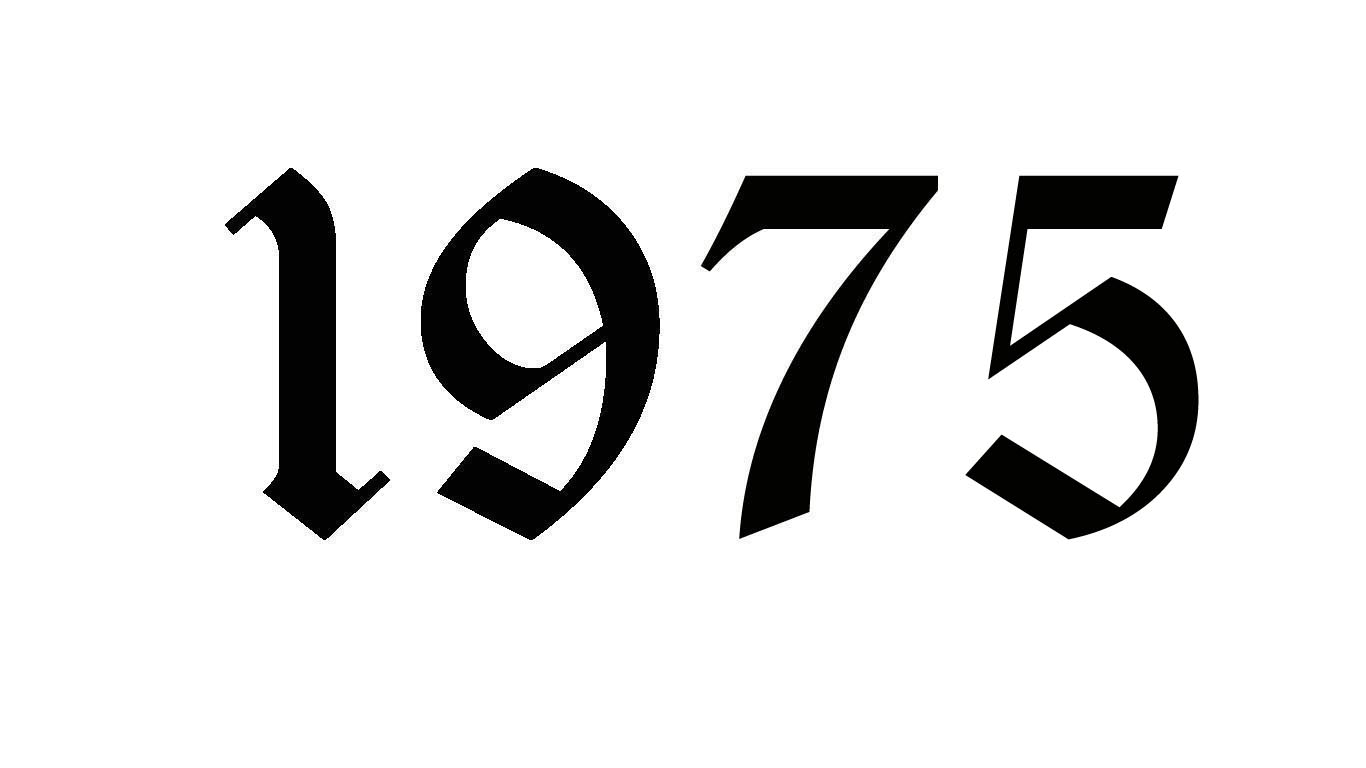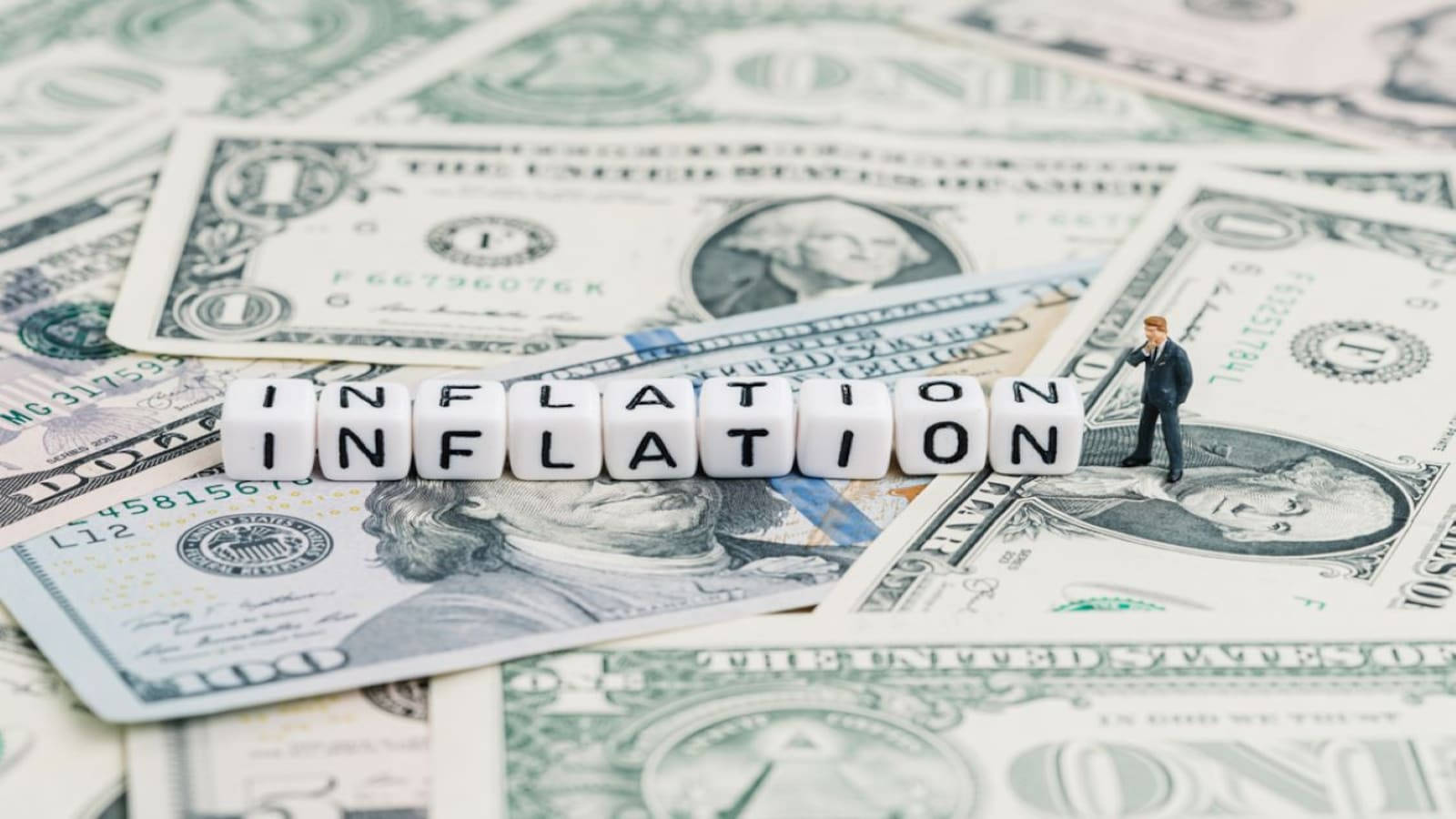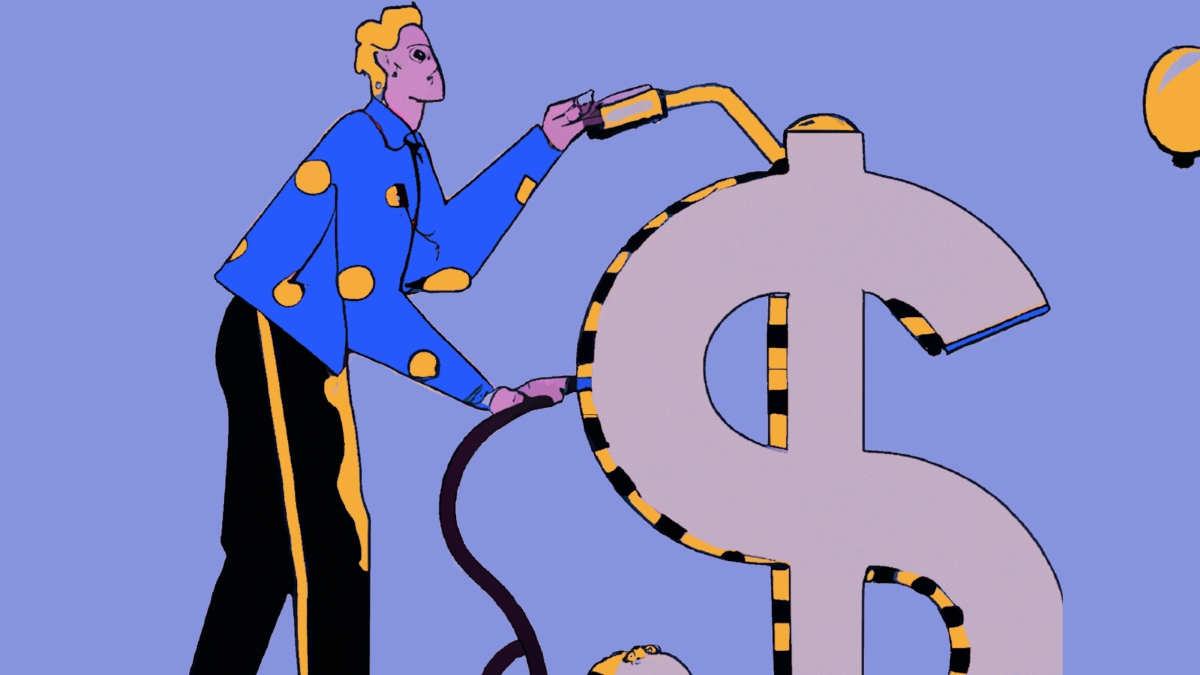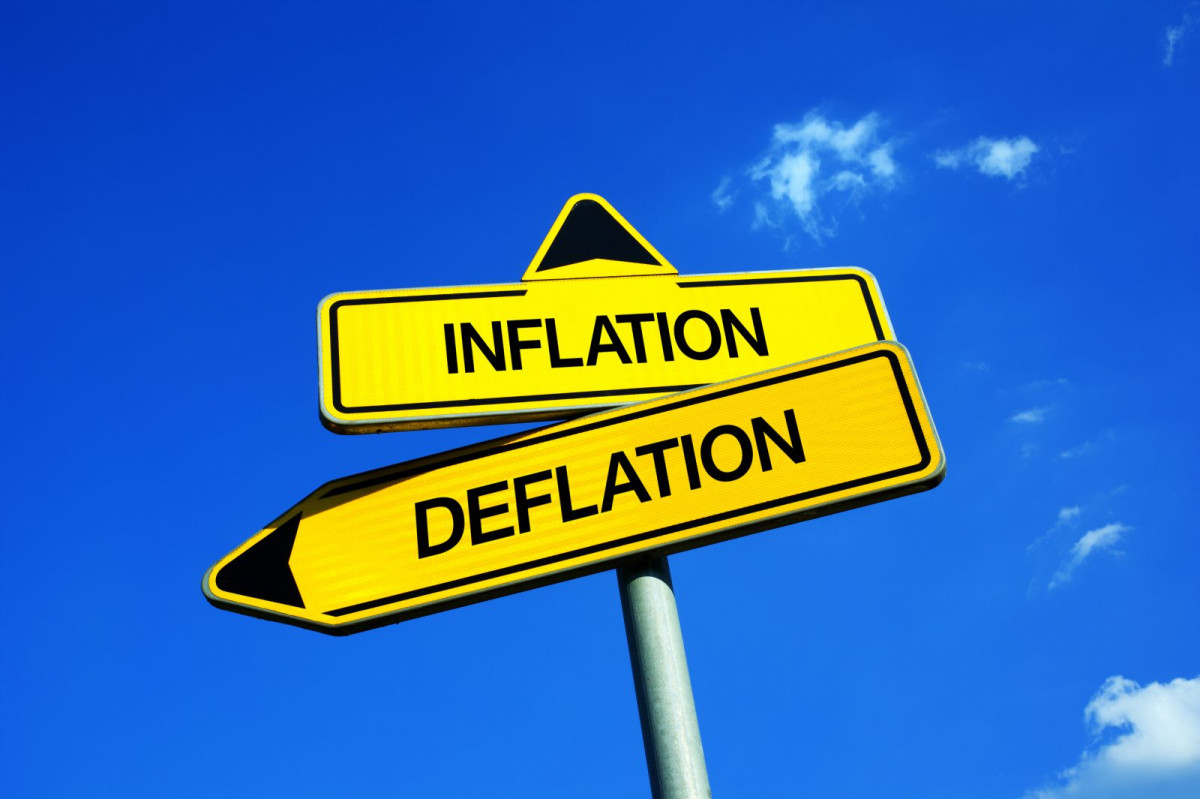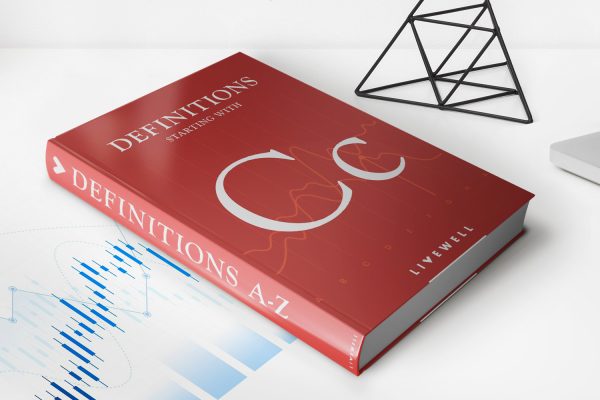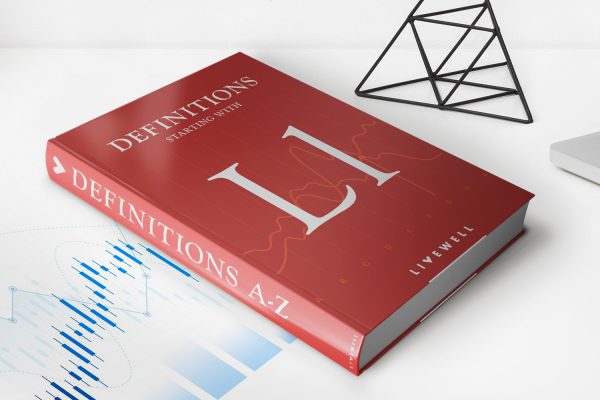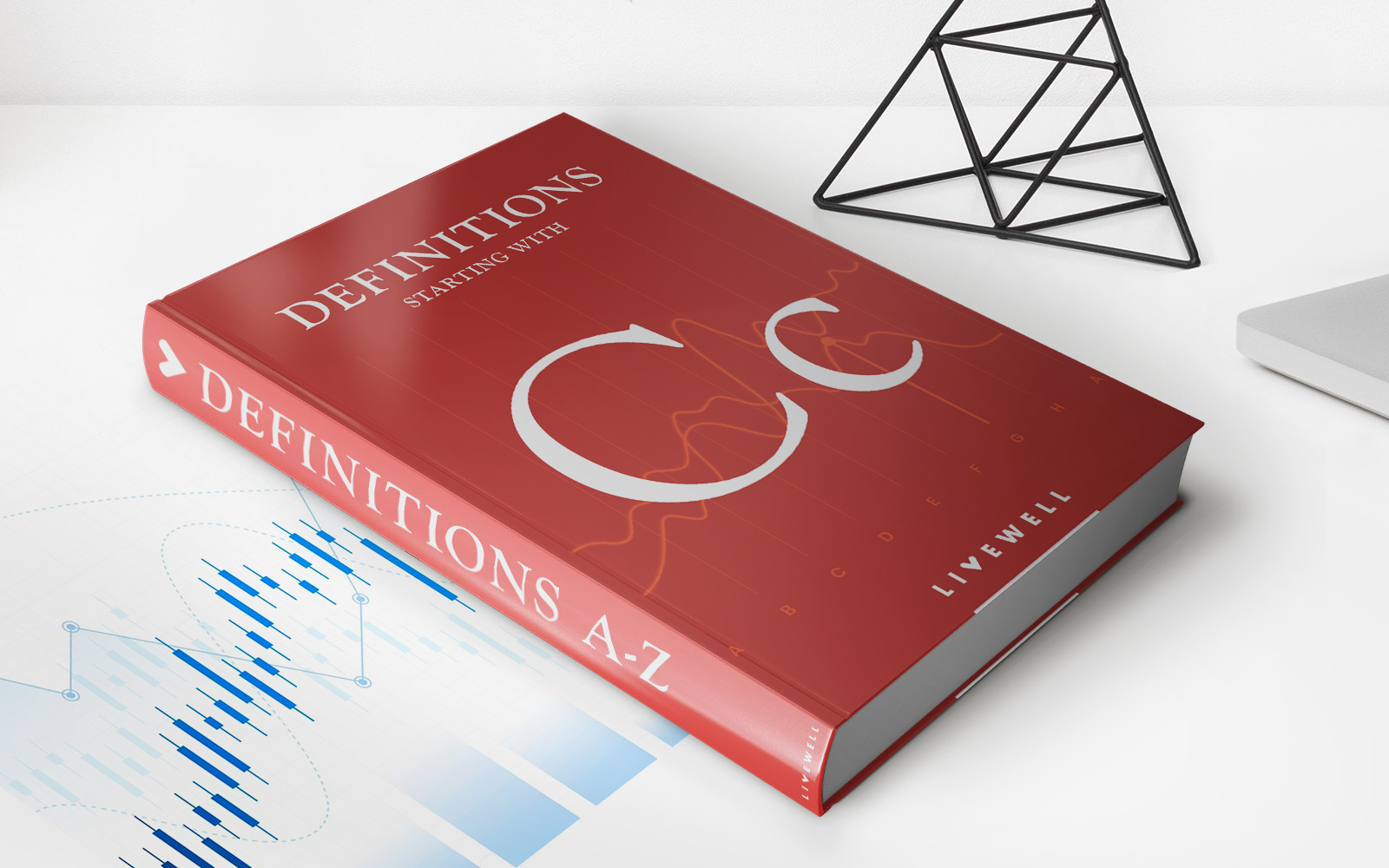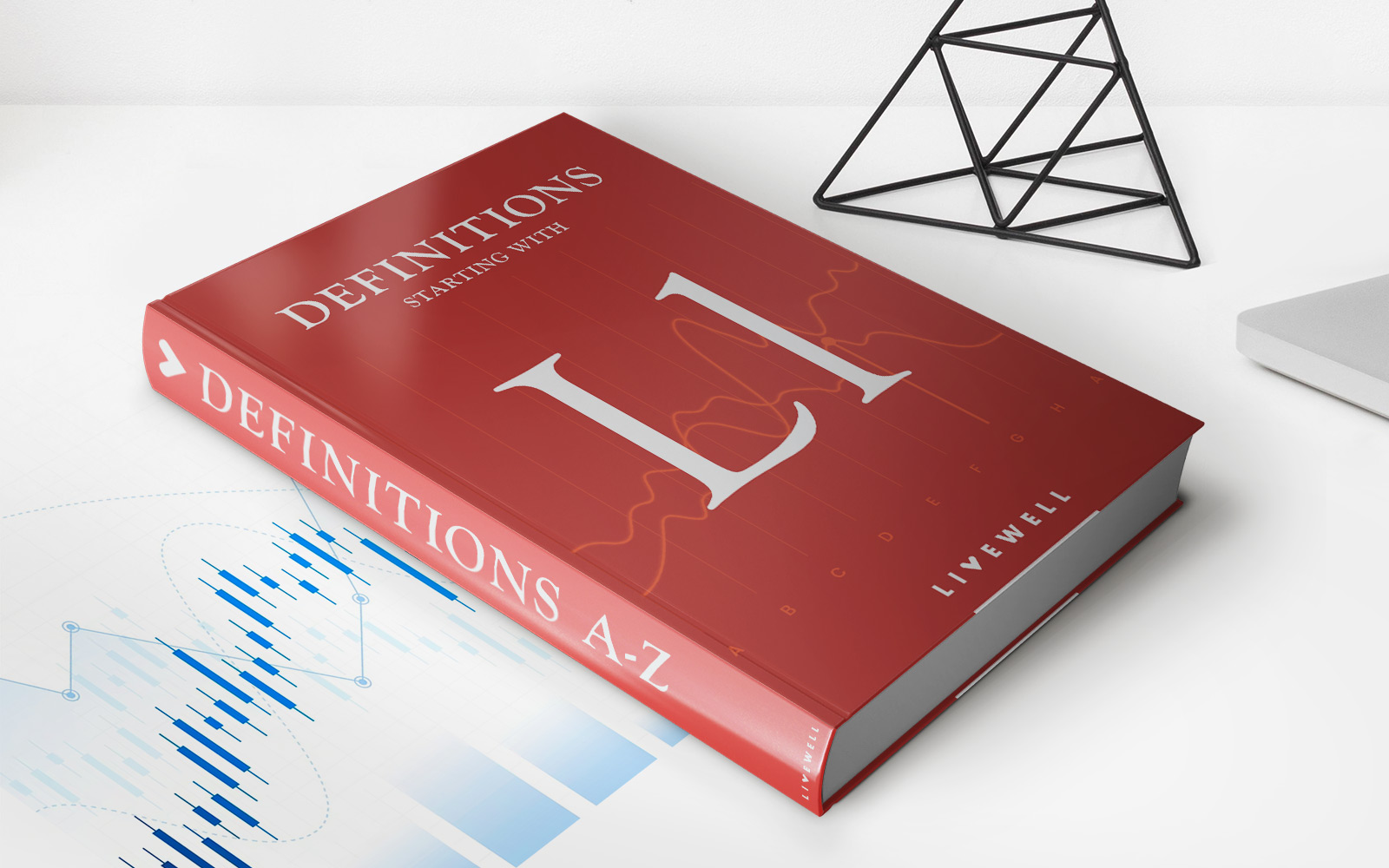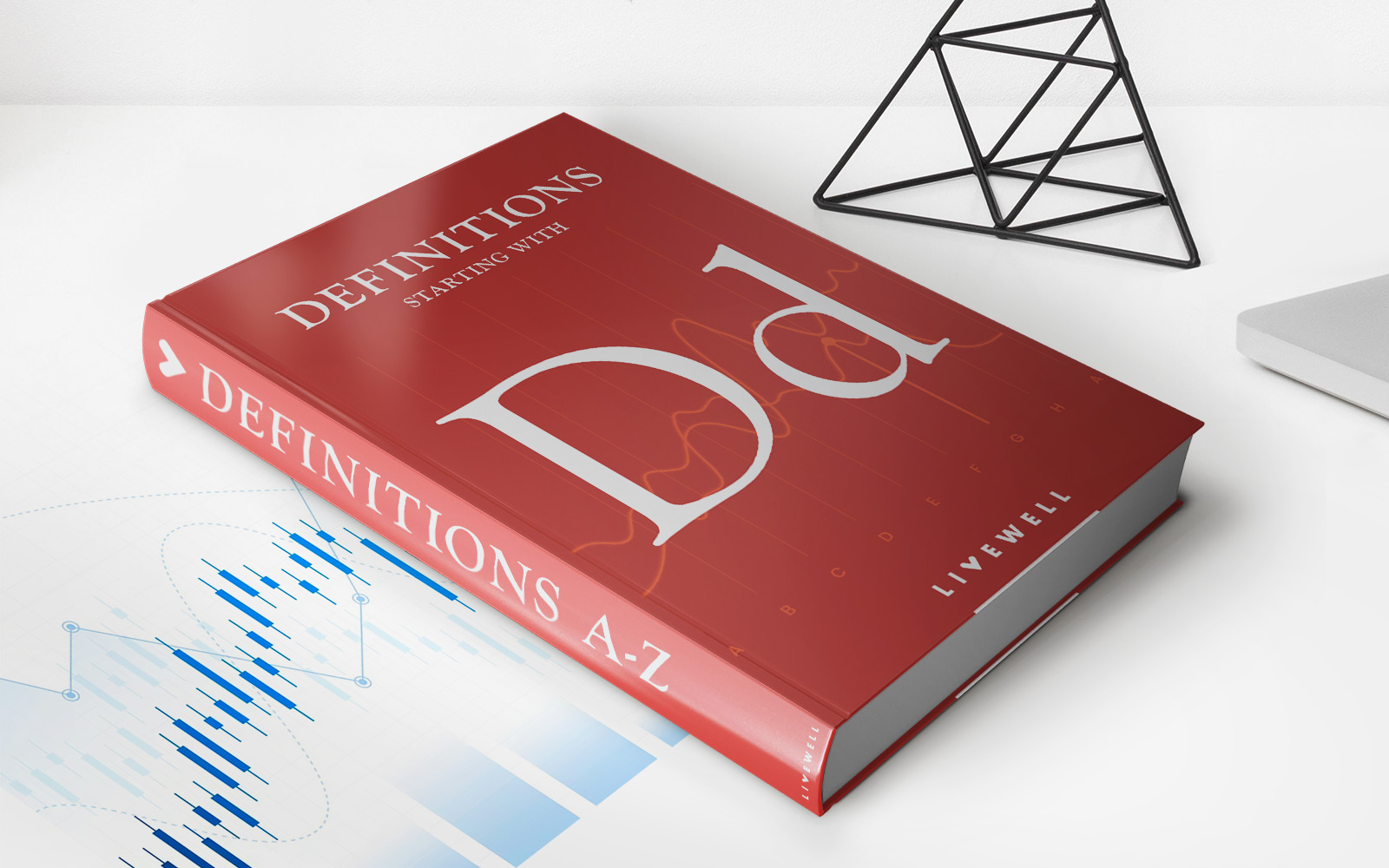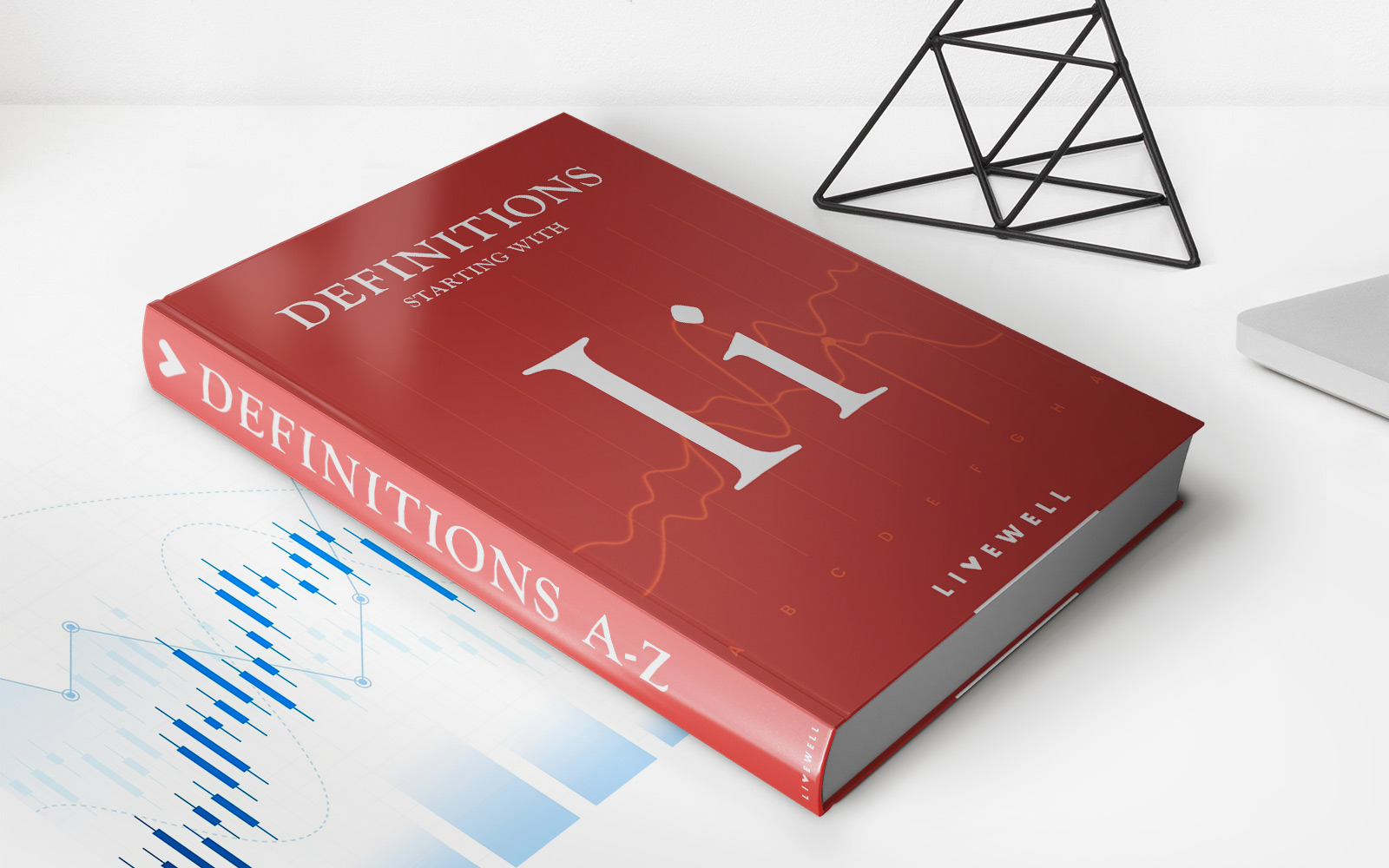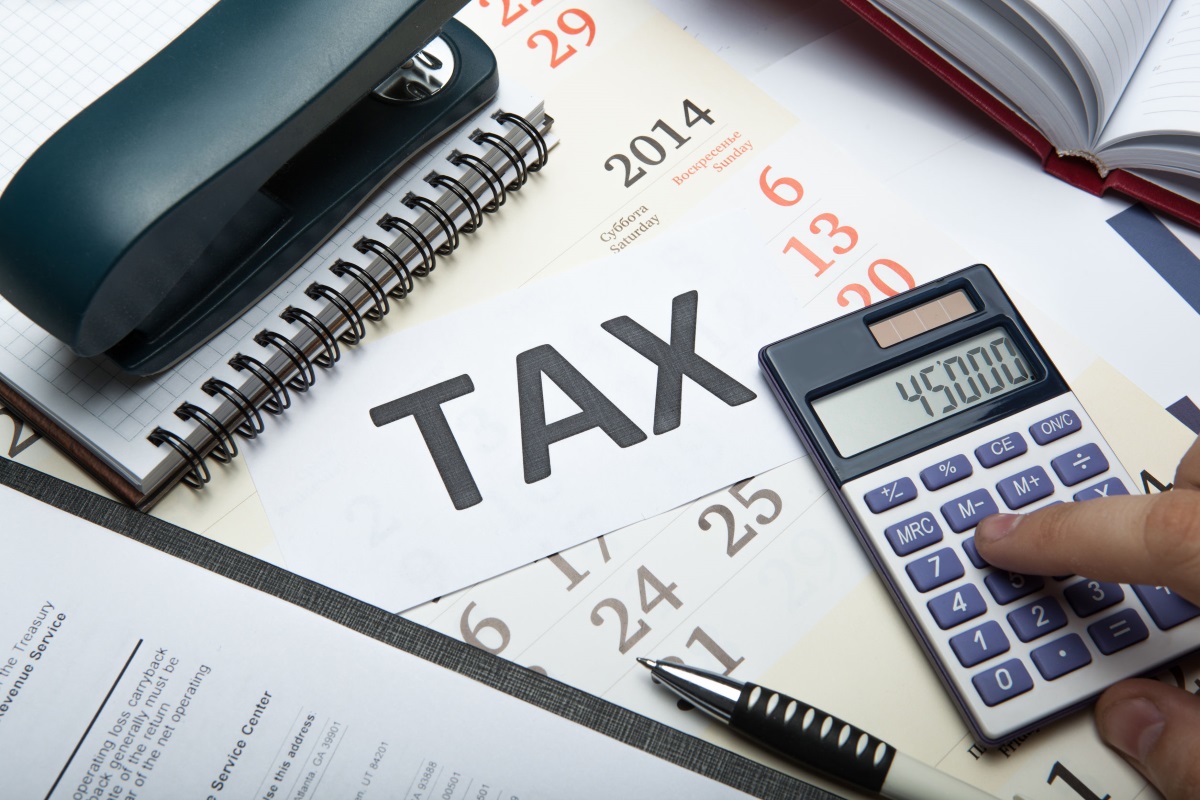

Finance
What Is The Inflation Tax?
Published: October 19, 2023
Learn about the inflation tax and its impact on finance. Gain insights into how rising prices reduce purchasing power and affect the economy.
(Many of the links in this article redirect to a specific reviewed product. Your purchase of these products through affiliate links helps to generate commission for LiveWell, at no extra cost. Learn more)
Table of Contents
Introduction
Inflation tax is a concept that refers to the hidden cost of inflation on the purchasing power of individuals and the economy as a whole. While traditional taxes are imposed by the government, inflation tax is often considered an indirect form of taxation, as it erodes the value of money and reduces the actual purchasing power of individuals’ income and savings.
When inflation occurs, the prices of goods and services rise over time. This means that the same amount of money can buy fewer goods and services compared to previous periods. As a result, individuals and businesses have to spend more money to maintain their standard of living or sustain their operations.
The inflation tax affects everyone, regardless of income level or social status. It affects not only individuals but also businesses, investors, and the overall economy. Understanding the concept of inflation tax and its implications is crucial for individuals to make informed financial decisions and for policymakers to implement effective economic policies.
Throughout this article, we will delve deeper into the definition of inflation tax, explore its causes and impact on the economy, provide relevant examples, and discuss measures to mitigate its effects.
Definition of Inflation Tax
Inflation tax, also known as the hidden or implicit tax, refers to the purchasing power loss that individuals experience as a result of inflation. It occurs when the overall price level in an economy rises, leading to a decrease in the real value of money. The term “tax” is used metaphorically since individuals are essentially paying for the increase in prices through the erosion of their purchasing power, similar to how they would pay taxes imposed by the government.
When inflation occurs, the value of money diminishes over time. As a result, individuals need to spend more money to purchase the same goods and services. Essentially, this means that individuals have to pay more for the things they need, which reduces their ability to consume or save. Inflation tax acts as a silent and indirect burden on individuals and businesses.
The effect of inflation tax can be particularly harsh on those whose income does not keep pace with rising prices. For example, if a person’s income increases by 5%, but inflation is at 10%, they are effectively experiencing a decline in their purchasing power by 5%. This erosion of purchasing power can hinder economic growth, reduce savings, and lower the standard of living for individuals and households.
Inflation tax is often considered regressive because it tends to impact lower-income individuals more than higher-income individuals. This is because a larger portion of the income of lower-income individuals is spent on essential goods and services, which are directly affected by inflation. In contrast, higher-income individuals can typically afford to allocate a smaller portion of their income towards consumption and have more flexibility in managing inflationary pressures.
It is important to note that inflation tax is not a deliberate action undertaken by the government, but rather a consequence of macroeconomic factors such as monetary policy, supply and demand dynamics, and other economic forces. Governments, however, play a crucial role in managing inflation through monetary policy measures and other economic policies.
Causes of Inflation Tax
The inflation tax is ultimately caused by factors that lead to a general increase in prices within an economy. Below are some of the key factors that contribute to the occurrence of inflation tax:
- Monetary Policy: One of the main causes of inflation tax is the expansionary monetary policy pursued by central banks. When a central bank increases the money supply through measures like lowering interest rates or implementing quantitative easing, it can lead to an increase in spending and aggregate demand. This excess demand can push up prices, ultimately eroding the purchasing power of individuals.
- Cost-Push Inflation: Another common cause of inflation tax is cost-push inflation, which occurs when the prices of production factors, such as labor and raw materials, rise. When businesses face higher costs, they often pass these increased expenses onto consumers in the form of higher prices. This results in a decrease in the purchasing power of individuals as they need to spend more to maintain their previous level of consumption.
- Demand-Pull Inflation: Demand-pull inflation occurs when there is an increase in aggregate demand that outpaces the economy’s capacity to supply goods and services. This situation leads to excess demand, allowing businesses to increase prices. Individuals then experience a decline in their purchasing power as they need to spend more money to acquire the same goods and services.
- External Factors: External factors, such as changes in international commodity prices or exchange rates, can also contribute to inflation tax. For example, if a country heavily relies on imported goods and the value of its currency depreciates, the cost of importing those goods increases, leading to higher prices for consumers domestically.
It is important to note that the causes of inflation tax can vary from one economy to another and may be influenced by a combination of factors. Understanding these causes can help individuals and policymakers better grasp the dynamics of inflation and implement appropriate measures to counteract its negative impacts.
Impact of Inflation Tax on the Economy
The inflation tax has several significant impacts on the economy, affecting various aspects of individuals, businesses, and the overall economic environment. Below are some of the key impacts of inflation tax:
- Reduction in Purchasing Power: Perhaps the most notable impact of inflation tax is the reduction in individuals’ purchasing power. As prices rise, individuals need to spend more money to maintain their previous level of consumption. This can lead to a decline in the standard of living, especially for those whose incomes do not keep pace with inflation rates.
- Uncertainty and Planning Challenges: Inflation tax introduces uncertainty into the economic system, making it challenging for individuals, businesses, and policymakers to plan for the future. When inflation rates are high and volatile, it becomes difficult to estimate costs, set prices, budget effectively, and make long-term investment decisions. This uncertainty can hinder economic growth and stability.
- Reduced Savings and Investment: Inflation tax discourages savings and investment. As the value of money erodes over time, individuals have less incentive to save their money in traditional savings accounts or invest in low-yielding assets. This can have negative consequences for capital formation, making it more challenging for businesses to access the necessary funds for expansion and hindering economic growth.
- Distorted Price Signals: Inflation tax distorts price signals in the economy. When prices are rising due to inflation, it becomes difficult to distinguish between changes in relative prices and changes in the general price level. This interference in price signals can lead to misallocations of resources within the economy, affecting the efficiency of markets and hindering productive economic activities.
- Income Redistribution: Inflation tax can affect income distribution within society. Depending on the nature of inflation, it can disproportionately impact different segments of the population. Those on fixed incomes or with lower incomes may struggle to keep up with rising prices, while those with higher incomes or assets that appreciate with inflation may benefit. This can widen income inequality and create social and economic disparities.
Overall, the inflation tax creates a challenging economic environment by eroding purchasing power, introducing uncertainty, discouraging savings and investment, distorting price signals, and affecting income distribution. Effective measures and policies are necessary to mitigate these impacts and promote stable economic growth and equitable outcomes.
Examples of Inflation Tax
To understand the concept of inflation tax, let’s explore a couple of real-life examples:
- Real Estate Market: Inflation can have a significant impact on the real estate market. When prices rise due to inflation, the cost of purchasing or renting a property increases. This means that individuals have to spend more money to acquire or maintain their housing, resulting in a decrease in their purchasing power. For homeowners with fixed mortgage payments, inflation can have a positive effect as the value of their property appreciates, but for renters or those looking to enter the market, it can be a burden.
- Cost of Education: Inflation tax can also be observed in the cost of education. Over time, as general prices rise, the cost of tuition fees and educational expenses also increases. This can put a strain on students and their families as they need to allocate more money towards education. This reduction in purchasing power can limit access to quality education and create financial challenges for individuals seeking to improve their skills and knowledge.
- Retirement Savings: Inflation tax can have a significant impact on retirement savings. Individuals who save for retirement over many years may find that the value of their savings has significantly diminished due to inflation. This means that they may not have enough funds to maintain their desired standard of living during retirement. To mitigate the effects of inflation tax, individuals often have to invest their savings in assets that can provide higher returns than the inflation rate.
- Basic Necessities: Another example of inflation tax can be observed in the prices of basic necessities such as food, healthcare, and transportation. As the cost of production and distribution increases due to inflation, these essential goods and services become more expensive. This places a burden on individuals, especially those with limited incomes, as they have to spend a larger portion of their earnings to meet their basic needs.
- Government Revenue: Inflation tax can also impact government revenue. When prices rise due to inflation, individuals and businesses generate higher sales and income, resulting in an increase in tax revenues for the government. However, this increase in tax revenue may not be a true reflection of economic growth or increased purchasing power, but rather a consequence of inflation. This can create challenges in terms of accurately assessing the health of the economy and implementing appropriate fiscal policies.
These examples highlight how inflation tax affects various aspects of individuals’ daily lives, from housing and education costs to retirement savings and government finances. Recognizing these examples can help individuals and policymakers better understand the practical implications of inflation tax and its impact on different sectors of the economy.
Measures to Mitigate the Effects of Inflation Tax
The effects of inflation tax can be challenging to mitigate, but there are several measures that individuals, businesses, and policymakers can undertake to lessen its impact. Below are some strategies to mitigate the effects of inflation tax:
- Invest in Assets that Hedge Against Inflation: One way to mitigate the effects of inflation tax is to invest in assets that have historically offered protection against inflation. This includes assets such as real estate, commodities, inflation-indexed bonds, and stocks of companies operating in sectors that perform well during inflationary periods.
- Adjust Investment and Savings Strategies: Individuals can adapt their investment and savings strategies to account for inflation. This may involve diversifying investment portfolios, considering long-term investments with higher potential returns, or exploring inflation-protected investment options. It is important to consult with financial advisors to tailor strategies based on individual risk tolerance and financial goals.
- Indexing Wages and Contracts: Indexing wages and contracts to inflation can help mitigate the effects of inflation tax on workers. By linking wages and contracts to an inflation index, individuals can ensure that their income keeps pace with rising prices, maintaining their purchasing power over time.
- Implement Effective Monetary Policies: Central banks and policymakers play a crucial role in managing inflation through monetary policy measures. By implementing effective monetary policies, such as maintaining price stability or targeting specific inflation rates, central banks can help minimize the adverse effects of inflation tax on the economy.
- Enhance Financial Literacy: Improving financial literacy is essential for individuals to understand the impact of inflation tax and make informed financial decisions. By educating individuals about inflation, its causes, and its impact, they can better manage their finances, plan for the future, and protect themselves against the erosion of purchasing power.
- Strengthen Social Safety Nets: Governments can also mitigate the effects of inflation tax by strengthening social safety nets. By providing assistance to vulnerable individuals and households, such as through targeted welfare programs, unemployment benefits, or subsidized basic necessities, governments can cushion the impact of rising prices on those most affected by inflation.
While these measures can help alleviate the effects of inflation tax, it is essential to recognize that completely eradicating the impact of inflation is challenging. Inflation is a complex and multifaceted economic phenomenon that requires a coordinated effort from individuals, businesses, and policymakers to effectively manage its effects.
Conclusion
Inflation tax is an indirect form of taxation that erodes the purchasing power of individuals and businesses due to the increase in overall prices in an economy. It affects people of all income levels and has wide-ranging impacts on various aspects of the economy.
Throughout this article, we have explored the definition of inflation tax, its causes, and its effects on the economy. We have seen how inflation tax reduces purchasing power, creates uncertainty, hinders savings and investment, distorts price signals, and impacts income distribution.
Examples of inflation tax, such as the real estate market, education costs, retirement savings, and basic necessities, have illustrated how everyday aspects of life are affected by rising prices.
However, measures can be taken to mitigate the effects of inflation tax. Investing in assets that hedge against inflation, adjusting investment and savings strategies, indexing wages and contracts, implementing effective monetary policies, enhancing financial literacy, and strengthening social safety nets are some of the strategies that individuals and policymakers can adopt.
In conclusion, understanding the concept of inflation tax and its implications is crucial for individuals to make informed financial decisions and for governments to develop effective economic policies. By recognizing the impact of inflation tax and taking appropriate measures, individuals and economies can better navigate the challenges that arise from rising prices, thereby safeguarding their purchasing power and promoting sustainable economic growth.


